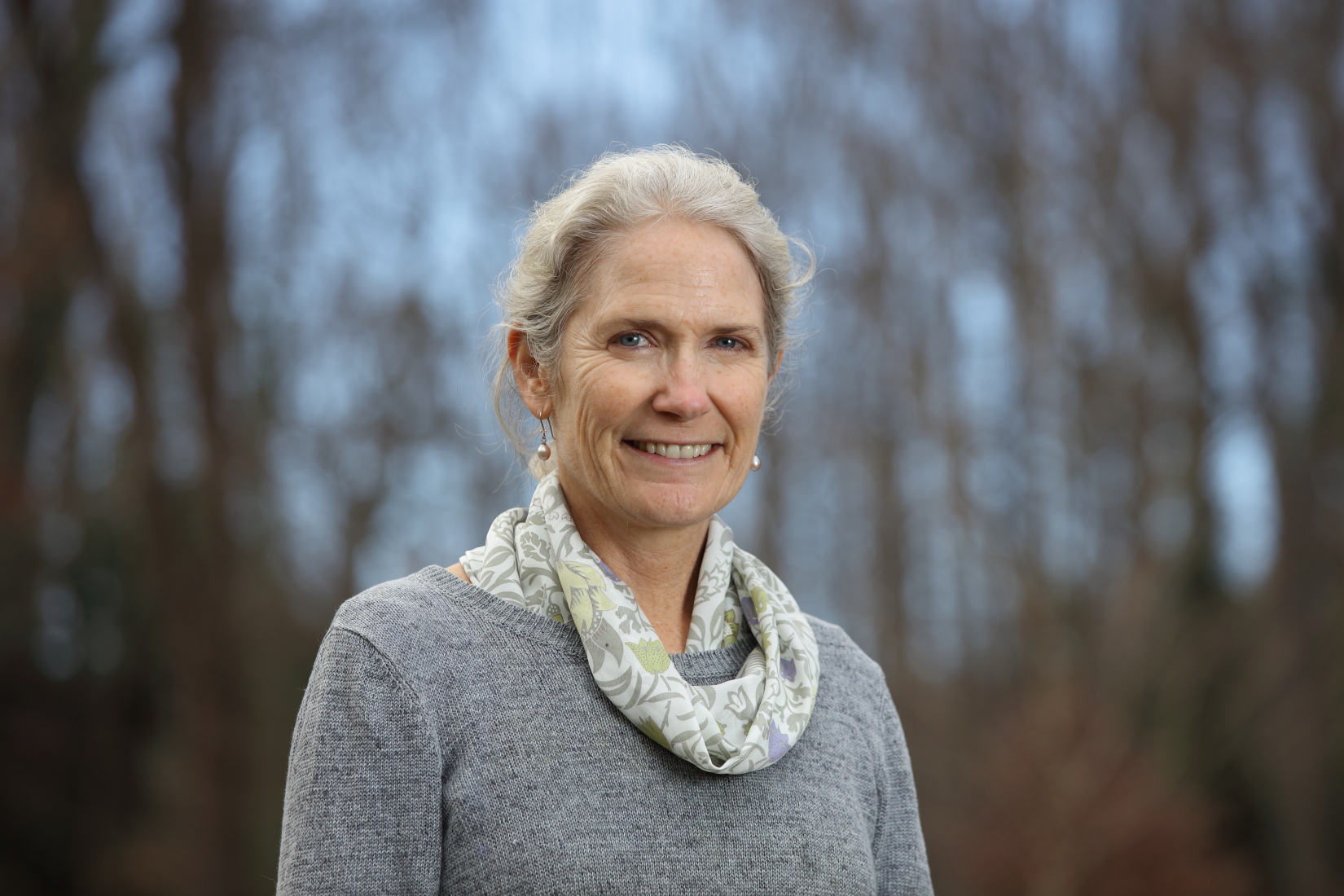 The Early Developmental Lab The Early Developmental Lab
Angeline Lillard
The Early Development Laboratory focuses on social justice in Education. Montessori is the most common alternative education system in the world and has been implemented for over 100 years, initially with children with disabilities, then low income children, and now all children. Over half the children in public Montessori schools in the US are children of color, ages 3 to 18. Montessori is a global movement that aims to support all children's developmental needs for individual flourishing and a peaceful society. We study Montessori's influence, including how the program functions in marginalized communities and how it can alleviate education inequality in the United States. Among our research issues are the development of student-teacher relationships, student autonomy, and individualized learning.
Contact: Lab Manager [email protected]
Website: https://uva.theopenscholar.com/early-development-lab
|
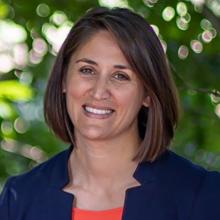 Why do group-based disparities persist? Why do group-based disparities persist?
Jazmin Brown-Iannuzzi
Jazmin Brown-Iannuzzi's research seeks to understand why social group disparities may persist, and in some cases grow. In order to address this question, she uses her training in social psychology to investigate the psychological mechanisms which perpetuate group-based inequalities and the consequences of status-related disparities.
Contact: Prof Brown-iannuzzi [email protected]
Website: http://jazminbi.wixsite.com/socpsy
|
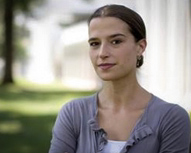 Social Cognition and Behavior Lab Social Cognition and Behavior Lab
Sophie Trawalter
In our lab, we study phenomena related to diversity. We are especially interested in how individuals develop competencies for life in diverse spaces. Some current lines of research examine 1) stress and coping responses to interracial contact, 2) prejudice detection, and 3) the social ecology of privilege. The goal of our research is to find ways to improve intergroup contact and intergroup relations so that all members of society may attain positive life outcomes.
We are looking for student research assistants to help with: collecting data (e.g., running studies in the lab, distributing surveys, coding nonverbal data), conducting literature searches, and entering data.
Contact: SCABL Lab Manager [email protected]
|
 Implicit Social Cognition Lab Implicit Social Cognition Lab
Brian Nosek
We investigate thoughts and feelings that occur outside of conscious awareness or conscious control and how they inform perception, judgment, and action. Areas of application include ideology, morality, reasoning, and social evaluation including investigating biases by agen, race, gender, and other social categories.
Contact: [email protected]
|
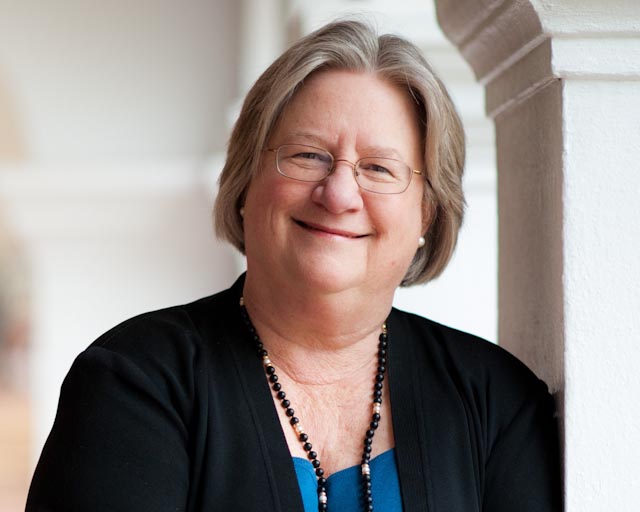 Sexual Orientation, Human Development, and Family Lives Lab Sexual Orientation, Human Development, and Family Lives Lab
Charlotte Patterson
Our research focuses on issues related to sexual orientation, human development, and family lives. How does sexual orientation influence family formation and family lives? How is this affected by the legal and public policy climates in which children, youth, and families live? These are some questions under study in our group. Several studies are underway now.
We welcome the involvement of motivated, organized, efficient, and friendly undergraduate students as part of our research team. Research assistants usually work closely with a graduate student, and their duties may include reading original research studies, preparing materials for new studies, recruiting participants, transcribing and coding data, and assisting in data analysis. There are also opportunities for advanced RAs to develop their own projects.
Contact: Doyle Tate [email protected]
|
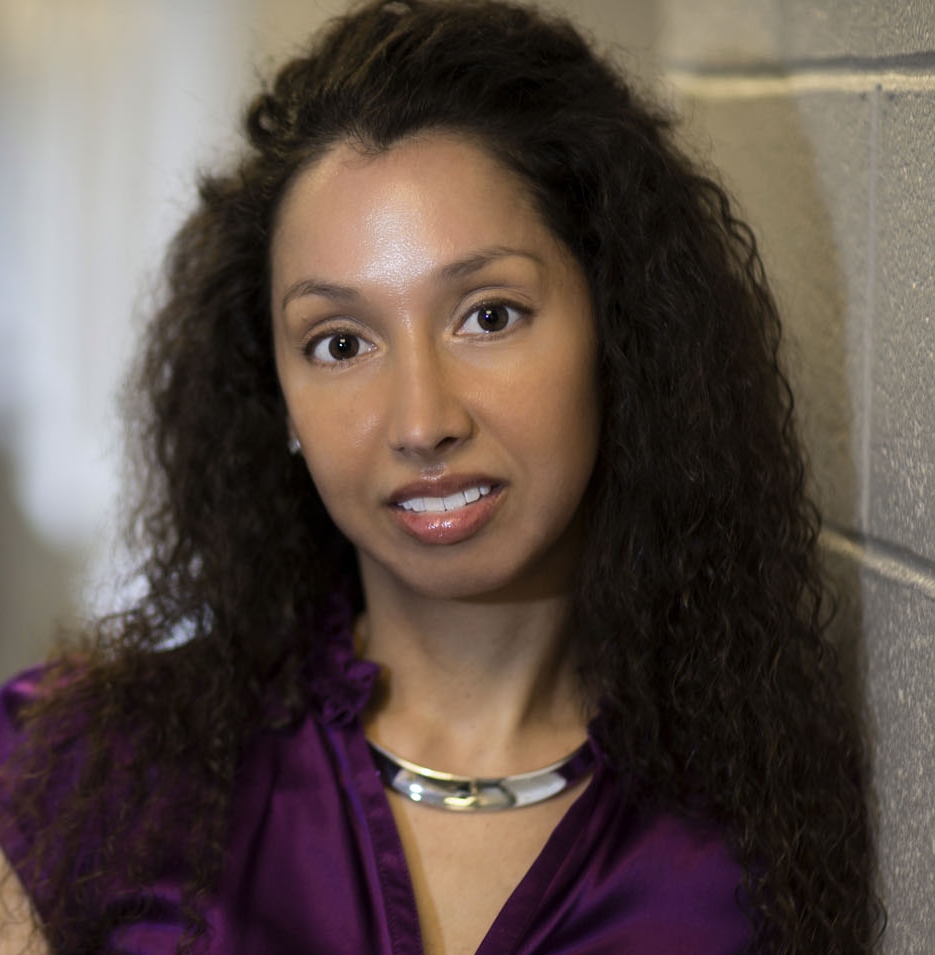 Promoting Healthy Adolescent Development Lab Promoting Healthy Adolescent Development Lab
Noelle Hurd
We study factors that contribute to the healthy development of disadvantaged adolescents. Foci of the lab include the promotion of mental health, the prevention of healthrisk behaviors, and the encouragement of positive educational outcomes. In addition, we are interested in the development of abilities that will help youth to be successful in life, such as leadership and interpersonal skills. One particular area of interest is the relationships that youth form with nonparental adults. Supportive adults in youths’ lives may help them to navigate and overcome challenges and encourage their healthy development. Understanding how to promote these intergenerational relationships and the mechanisms through which these relationships may facilitate more positive youth outcomes are core areas of this lab’s research.
Responsibilities for undergraduate researchers may include 1) conducting reviews of empirical articles, 2) survey administration both in the lab as well as in youths’ homes or schools, and 3) data management. It is important that RAs feel comfortable working with diverse populations. RAs will work closely with graduate students. In addition, RAs will also have opportunities to develop their own projects and present findings at conferences.
Contact: [email protected]
|
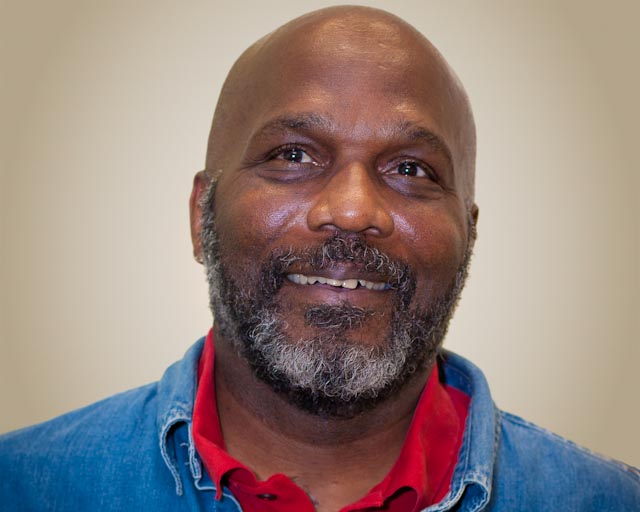 Early Steps Lab Early Steps Lab
Melvin Wilson
The Early Steps Project is a multisite, longitudinal study of 731 ethnically-diverse families from urban (Pittsburgh, PA), suburban (Eugene, OR), and rural (Charlottesville, VA) sites. Families with a child between ages 2.0 years and 2 years, 11 months were recruited from WIC stations at each site based on their ability to meet eligibility criteria for child, family, and sociodemographic risk. As children now enter adolescence, we propose to test the hypothesis that periodic, tailored, and adaptive interventions delivered to caregivers of children from toddlerhood to school entry: (a) will have long-term preventive effects on alcohol and drug use, high-risk sexual behavior, and other types of problem behavior; (b) will show intervention effects that are mediated by increases in parents’ use of positive behavior support and prosocial peer affiliation; and (c) will test whether intervention effects are moderated by genetic and contextual risk.
Eligible students should have a cumulative GPA of at least 3.00, be psychology majors or intend to be psychology majors, have completed 9 hours of psychology courses (ideally PSYC 3005/3006), and be 2nd or 3rd year students (4th years sometimes considered). Research assistants (RAs) must be available at least two days a week between 1–8 PM. Availablility on weekends is also desirable because RAs are involved in data collection in participants’ homes. RAs must feel comfortable working with children/youth and with diverse populations. We encourage students to consider working with us for at least 2 consecutive years. Fluent Spanish speakers are encouraged to apply.
Contact: Margarita Caldentey at [email protected]
|
 VIRGINIA ADOLESCENT RESEARCH GROUP VIRGINIA ADOLESCENT RESEARCH GROUP
Joe Allen
Our group is currently pursuing two major projects, and we welcome interest in either or both of these.
The Kliff Vida Project: This is an ongoing longitudinal study examining the influences of social relationships, autonomy, and attachments to parents as they predict development from adolescence into adulthood. We began in adolescence as the Kids, Lives, Families and Friends (KLIFF) project and are continuing 18 years later as the Virginia Institute for Development in Adulthood (VIDA). In our study, we are working to learn how individuals as adolescents are influenced by their parents, interact with their peers, and go on to thrive (or struggle) in their adult relationships with romantic partners, peers, in the work place. We also want to understand what it is in the teenage years that predicts not just a successful adolescence, but a successful adulthood—which we examine not only in terms of mental health and adjustment, but also in terms of physical health (e.g., immune functioning, cardiac risk factors, etc.). This study began with 184 early adolescents, who we have followed since 1998, with 97% still participating as of our most recent round of data collection.
The Connection Project: We are also testing an intervention we developed to change the quality of adolescents’ peer relationships. We start from the recognition that, under the right conditions the adolescent world, rather than being a Darwinian struggle for survival, can be a source of support and encouragement. In groups from well-run summer camps, to theatre troupes, to wilderness experiences, to retreats, adolescents are willing to open up to their peers and gradually let down their guard. When peers can provide support and reciprocate, tight, life-changing bonds are often formed and endure. We have been working to identify and replicate critical ingredients in this process. The result is The Connection Project, a school-based program, based on cutting edge-research in the social sciences to enhance academic and life outcomes for at-risk teens. We are testing this both locally, and with funding from the William T. Grant Foundation, as a means to enhance the social and academic experience.
|
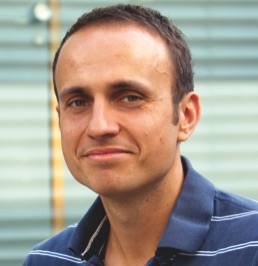 UVA Baby Lab UVA Baby Lab
Tobias Grossmann
Broadly, the UVA Babylab is interested in brain processes underpinning social interaction and cognition during infancy. Studies are designed to examine a range of situations in which infants glean information from faces, voices, or biological motion, as well as genetic and environmental factors that give rise to individual differences. Recently, our lab has been involved in understanding the developmental and neurological underpinnings of racial bias. More specifically, how the detection and response to social cues may be hampered when interacting with an other-race individual.
Contact: Lab Manager [email protected].
Website: For more information visit http://uvababylab.org/
|
 Research on Intersectionality, Sexuality, & Empowerment (RISE) Lab Research on Intersectionality, Sexuality, & Empowerment (RISE) Lab
Lanice Avery
Our interdisciplinary lab interests are at the intersections of race, gender, sexuality, and mainstream media. Specifically, we use multiple methods to explore Black women's intersectional identity development, gendered racial socialization and victimization, and the associations between gendered racism and psychosexual well-being. Current RISE Lab projects focus on understanding the ways in which Black women: (1) negotiate paradoxical expectations to perform hegemonic femininity and gendered racial stereotypes (e.g., Jezebel, Strong Black woman, and Angry Black woman tropes); (2) endure the socialization of erotic injustice, including disempowering gender, sex, and romantic relationship beliefs; (3) idealize narrow feminine beauty and body standards that contribute to their experiences of adverse emotional, cognitive, and behavioral health outcomes; and (4) navigate disparately high experiences of gendered racial violence via media use and intimate partnerships.
RAs will have the opportunity to develop new skills and experiences in research that promotes healthy identity development and media use practices among socially marginalized and stigmatized groups. RAs attend weekly lab meetings with faculty and graduate students and participate in many aspects of the research process, including but not limited to data collection and analysis, preparing and conducting surveys, literature searches, and article reviews. Students will also have the opportunity to contribute to publishable manuscripts co-authored by senior lab members.
The RISE Lab is currently full, but accepting applications for participation during Summer 2023 and Fall 2023. For further information, contact: Lanice Avery, [email protected]
|
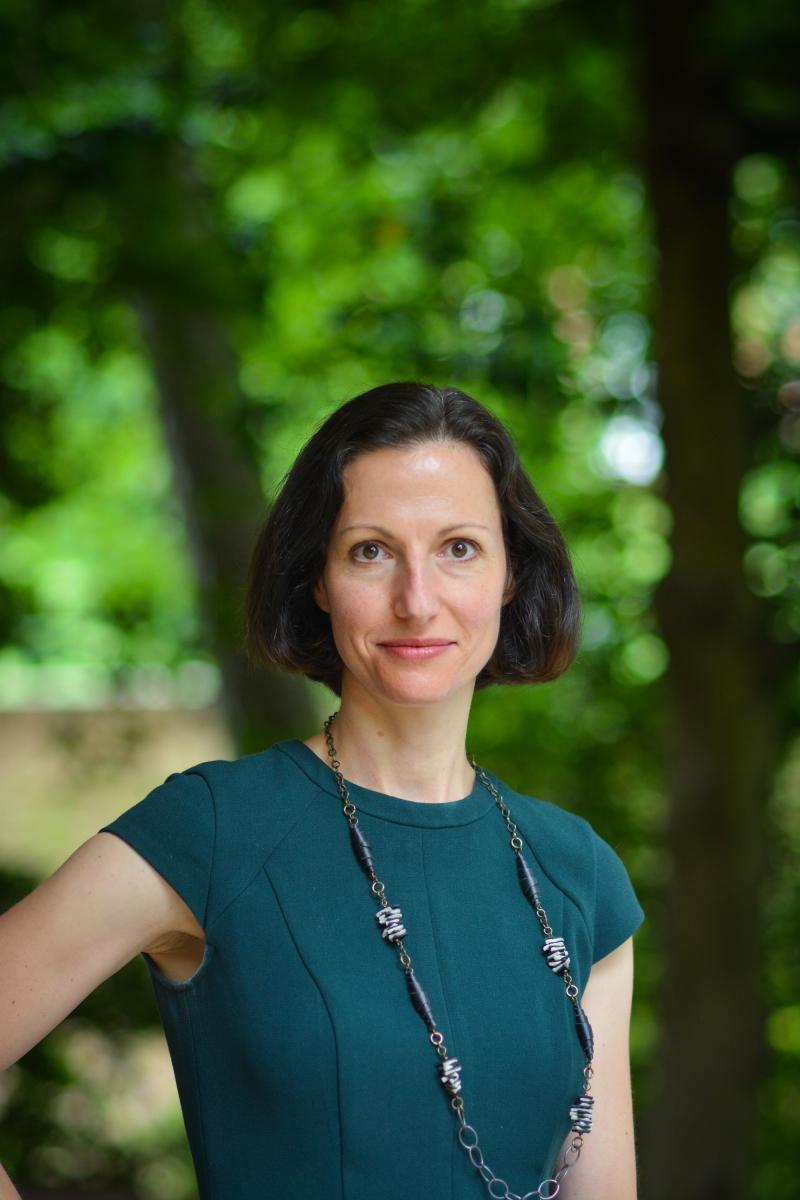 Program for Anxiety, Cognition, and Treatment (PACT) Lab Program for Anxiety, Cognition, and Treatment (PACT) Lab
Bethany Teachman
Our lab studies cognitive processes, such as biased interpretations, that influence the development and maintenance of psychopathology, particularly anxiety and mood disorders. Current projects focus on how to track and change mood and cognitive biases using technology (e.g., mobile phone sensing and computer-based interventions) to improve emotion regulation.
RAs help with study design, recruit and run subjects and attend weekly lab meetings to gain general experience with conducting research. There are also opportunities for advanced RAs to develop their own projects.
Contact: Julia Schildwachter [email protected]
Website: www.teachman.org
|